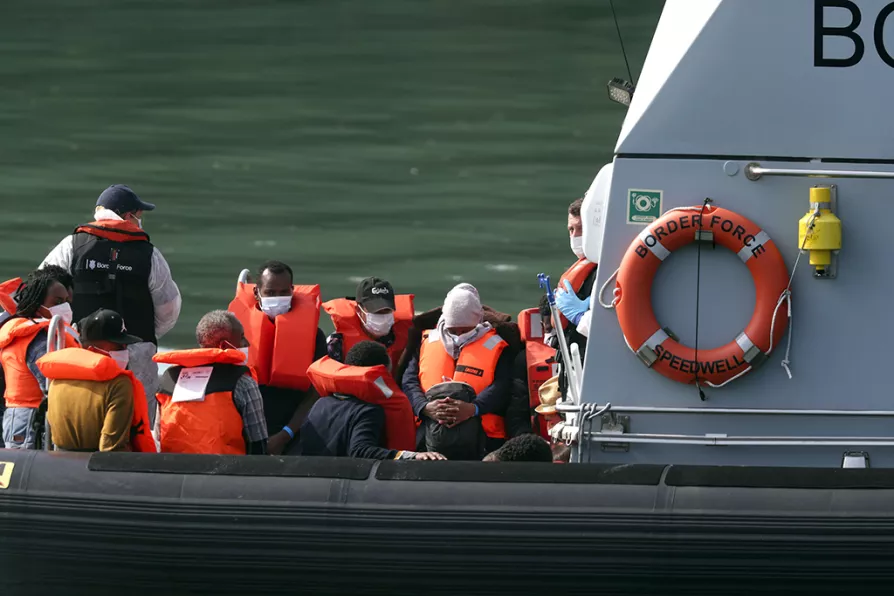ALEX HALL interviews PAUL HOLDEN, whose bombshell book uses leaked documents to expose how the Starmer faction used systematic dishonesty to seize power and reopen the door to the corrupting ecosystem of corporate lobbying and sleaze

 'Instead of reporting the disastrous situations in Afghanistan, Iraq and Libya — all of them countries where regime change was effected by Britain, along with its allies — we are presented with a news story which suggests that these refugees have nothing to do with Britain'
'Instead of reporting the disastrous situations in Afghanistan, Iraq and Libya — all of them countries where regime change was effected by Britain, along with its allies — we are presented with a news story which suggests that these refugees have nothing to do with Britain'
IN THE past week we have seen Home Secretary Priti Patel take to the seas, the navy called out to police the English Channel, and the BBC and Sky News charter boats to film dinghies full of refugees in distress at sea.
All this in response to a few hundred refugees trying to cross the Channel in tiny boats and in very dangerous conditions, because they are desperate to get to Britain.
This has, typically, been labelled by right-wing media and politicians as akin to an invasion. A YouGov poll showed that nearly half of British people have little or no sympathy for their plight — although figures among Labour voters were much more favourable.

DIANE ABBOTT explodes the anti-migrant myths perpetrated by cynical politicians and an irresponsible mass media













